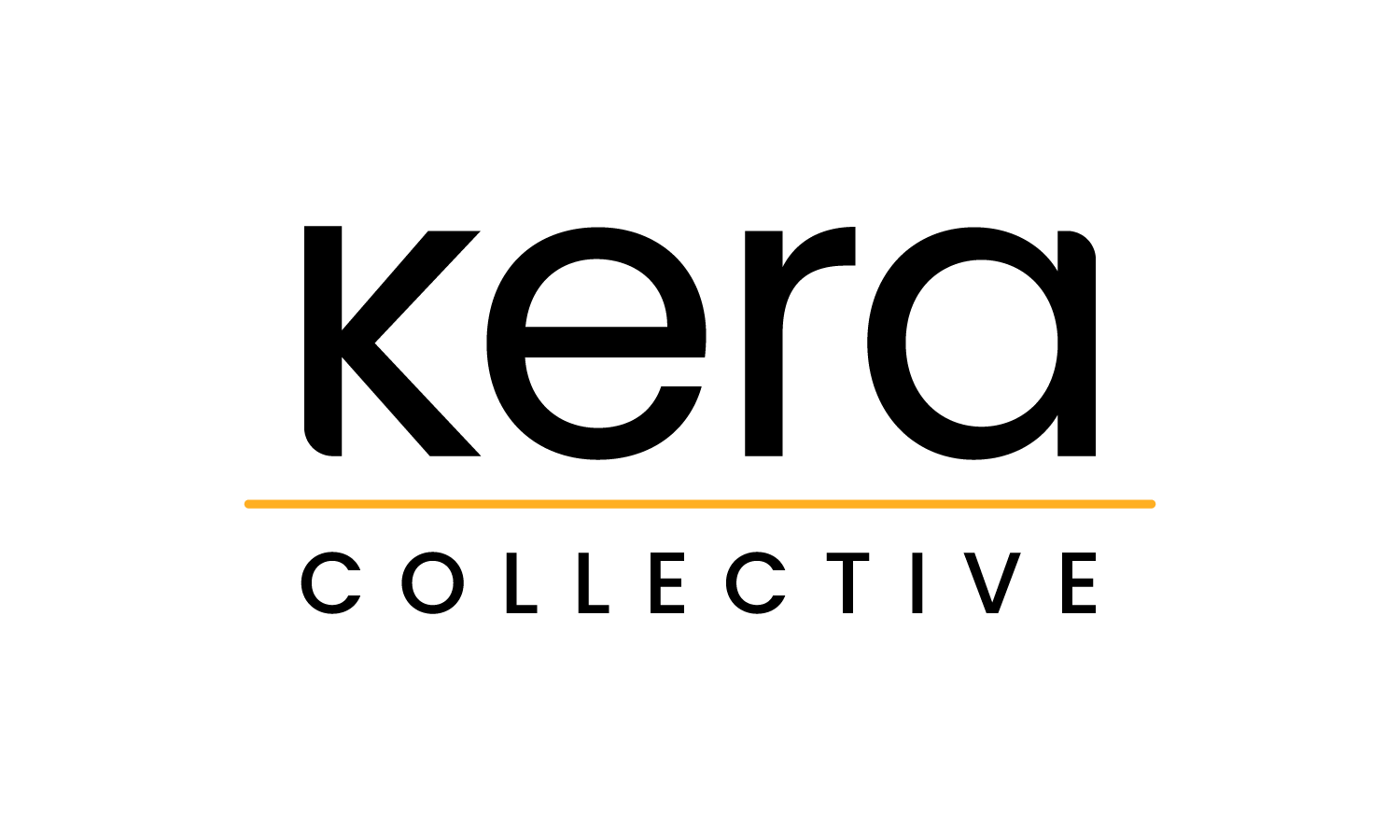Change All Around
Our world is rapidly changing. It feels like you could blink and miss something important. Some of the changes, like AI, feel sudden and overwhelming, while other changes, like new rules by NAGPRA to speed up repatriation, feel like they’ve been a long time coming.
March Coffee Break Picks
AMANDA’S PICK
TrendsWatch: Navigating a Volatile Future
“I generally enjoy the TrendsWatch report from the American Alliance of Museum’s Center for the Future of Museums. I found this year’s report particularly compelling, specifically the observation by Google’s director of engineering that in the near future, we may experience one year of change (by current standards) over the course of just three months. I have certainly felt the acceleration of change reported within AI, the climate crisis, and cultural opinions. Maybe it was because this year’s report felt very much focused on now (rather than far out in the future) that it really hooked me (and slightly stressed me out!)."
EMILY’S PICK
Changing Funding Landscapes for Latino Museums
“This research by the Urban Institute on behalf of the Institute of Museum and Library Services explores the landscape of Latino museums across the country to inform a grant-making program that would begin to focus more resources on supporting the important work of these organizations that have been historically overlooked by funders. Along with other recent grant-making initiatives, like the collaboration among the Mellon, Ford, Getty, and Terra Foundations to advance LatinX art in museums, I found it interesting and encouraging to read about this necessary shift.”
KATIE’S PICK
Why Our Attention Spans are Shrinking
"This podcast from the American Psychological Association had me thinking about the many different types of attention and how we measure attention. Gloria Mark, professor of informatics at UC-Irvine, describes her early studies on attention (which started by using stopwatches to track behavior and attention, much like our timing and tracking observations of visitors in museums). Mark’s studies found that attention spans have decreased significantly over the past two decades, affecting the way we work, learn, and entertain ourselves. I’m curious about how this pattern might manifest in museum experiences and what we could learn from looking at T&T data across time."
New on the Learning Hub
What’s New At Kera?
Hannah and two of her dissertation study participants, Amanda Tobin Ripley and Michelle Antonisse, recently published a chapter in the book Cultivating Critical Conversations in Art Education. The chapter is titled “Using Group Reflection and Dialogue as Tools for Antiracist Teaching.” Read it here.
We wrapped up three projects recently. They included a visitor survey at Thomas Cole National Historic Site and two long-running program evaluations: one for the Science Museum of Virginia, and another for the Coastal Maine Botanical Gardens. Check out our other project summaries here!
Moment of Wonder
“I always enjoy learning from my ancestors. So, this month, I’d like to share a quote I’ve incorporated into my lexicon. Rev. Dr. Pauli Murray, a 20th-century human rights activist, writer, legal scholar, and multiracial Black, LGBTQ+ community member, said the above about community. I am even more energized to know that I live close to the Pauli Murray Center for History & Social Justice, where they foster such community and dialogue!”
— Ebony






